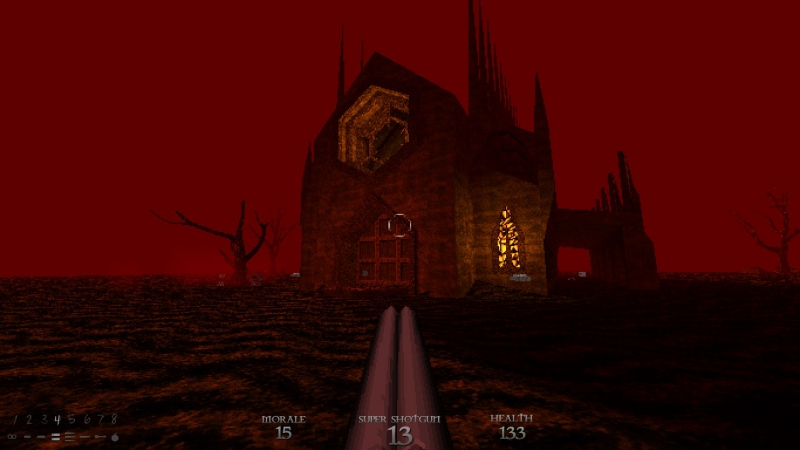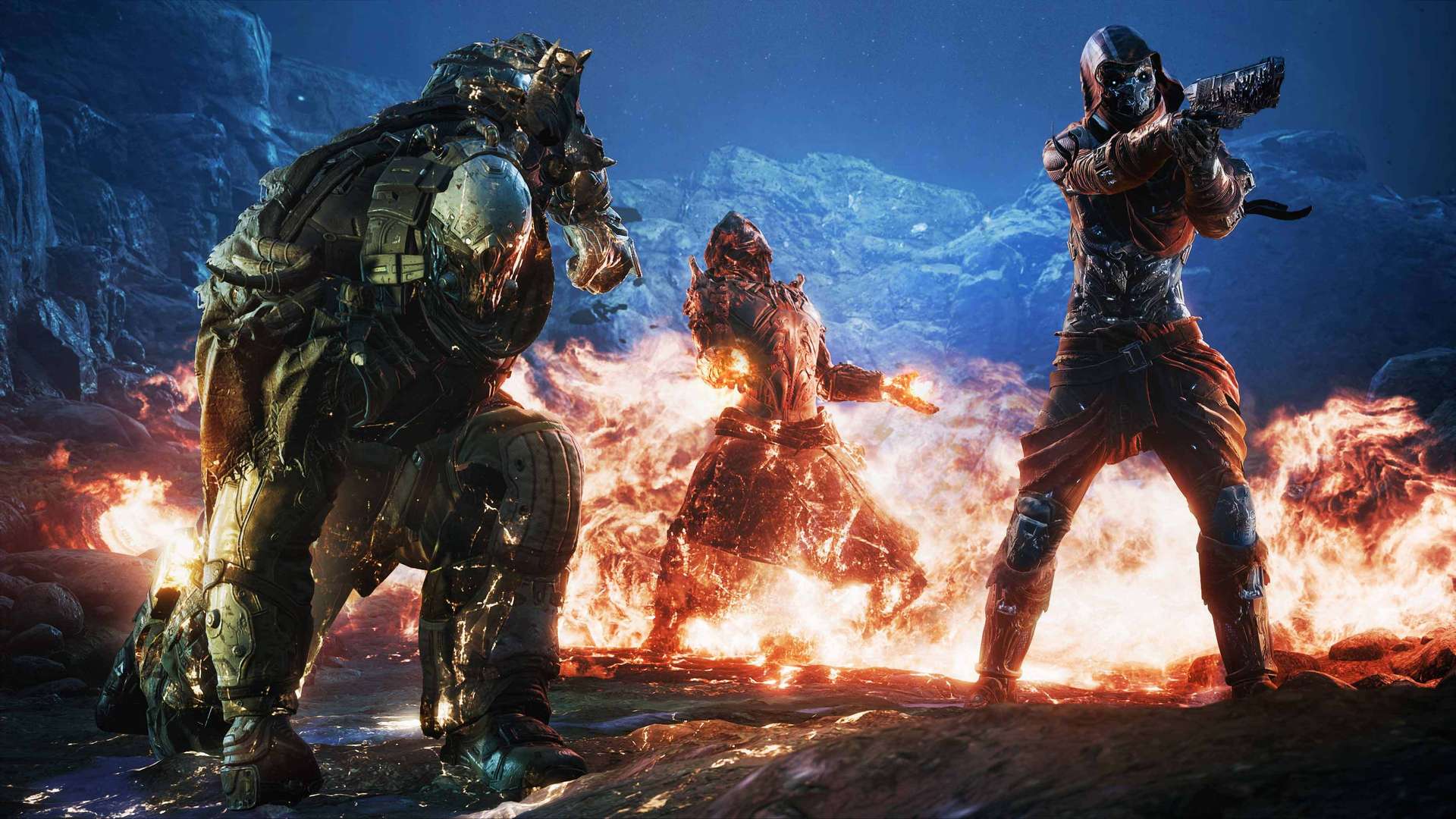Until recently, I had never played Far Cry 3. I’d heard a lot about it, the charismatic villains, the beautiful yet hostile island etc. And so, during the latest Steam sale, I picked it up and gave it a go. Things got off to a good start. I escaped the pirate camp, slaughtered a few wild animals, and shot a few men in red shirts. It was good fun, if unremarkable. But once the map opened up, something changed. A sudden ennui hit me like a lead weight and I felt absolutely no motivation to continue. I then shut the game down and uninstalled it. And what’s more, I don’t regret it. I knew there and then that I would never return to the Rook archipelago.
Determined to carry on gaming, I booted up Dusk, a retro FPS, and had a great time. It held my attention much better than Far Cry managed to and I came away eager to play more. Despite all this, I don’t think Far Cry is a bad game necessarily. It just suffers from a particular issue that I’ve been noticing a lot lately. It’s certainly not a new phenomenon, but for some reason, it’s only recently become apparent to me. It’s a little tricky to explain succinctly so let’s just get on with it.

In that moment of clarity, when I saw the rest of the game stretching away into my future, I asked myself a simple question. What was it that this game was offering me? An engaging story? The lack of pacing (due to the open-ended design) was kind of killing that for me. Intense shooter action? The travel time and linear narrative moments were kind of getting in the way. Exploration? Most of what I found was either XP, collectibles, or more people to shoot.
In brief, the game felt rather at odds with itself. Stealth, action, narrative and exploration were all pressed together shoulder to shoulder, and none were being given enough room to breathe. In an effort to please everyone, each individual element was inevitably somewhat watered down. There simply arent enough hours in the day to do them all to the standards of games that focus on one. Once more, I ought to clarify that this doesn’t mean any single aspect, or the game as a whole is bad necessarily. Only that they could have been better in a game designed around a single, unified concept.
If I want stealth, I’ll play Thief, if I want a gripping narrative, I’ll play Papers Please. If I want cathartic shooter action I’ll play Doom or Painkiller. Perhaps I’m in the minority, but I would rather play a game that does one, or a few, things really well than a big sprawling mess that offers greater variety but at the cost of quality. There were moments I enjoyed in Far Cry 3, but the overall experience was a largely inconsistent one. The individual elements were below average when considered in isolation, and they only got in each other’s way.

I have noticed the same problem in a new form in more recent years. It manifests in games like Outriders. However, the problem is at a more fundamental level. The clash is not between gameplay styles or genres, but between single-player and multiplayer structures and design. The stated goal of Outriders is to be a co-op shooter and a story-focused RPG simultaneously. That sounds good on paper, but in practice, we hit upon the same issues as those that made me stop playing Far Cry 3.
RPGs are traditionally single-player because in order to role play effectively both the player and the game need a certain measure of control over both the player character and the world. It is difficult to become immersed in a game’s narrative with other players running around stealing all the best loot, killing all the enemies for you, and generally being distracting. So why not play offline instead? Well for one thing, without other players the game is little more than a hollowed-out shell of a looter shooter. And secondly, because the combat encounters have clearly been designed for more than one player. The number of enemies and their bullet sponge tendencies are a dead giveaway.
But it goes deeper than that. In most multiplayer games each character, hero or whatever has a distinct job to do. You have your healer, your tank, your DPS etc. Now, your healer isn’t going to last long when they come face to face with an enemy damage dealer, and your tank can’t do much to help an injured teammate. However, each individual character’s strengths and weaknesses compensate for one another so that the team works effectively as a unit.

Compare to Outriders. Because the game needs to work in both single and multiplayer, each class has to be able to do everything. They all have a healing ability, are highly mobile, and can deal a lot of damage. Highly specialised classes would either make playing solo impossible or make certain classes unplayable. This has the inverse effect of completely negating any possible synergy or interplay between multiple players. I find that having to depend on your teammates makes for much more exciting gameplay, but in trying to do everything, Outriders misses this opportunity completely.
You can design a game for multiplayer or for singleplayer and succeed either way. Try to do both, however, and things will quickly fall apart. You can of course create a narrative that works in a multiplayer context (see It Takes Two) or a single-player tactical shooter, but you still need to focus on one specific area to work in. Your game will be all the better for it.
This problem will only become more pronounced as the amount of money in gaming increases. Rather than crafting niche experiences, publishers will instead favour projects with the broadest appeal possible. We’re entering the territory of the pointless, tacked-on romance in the summer blockbuster. An attempt to please everyone that backfires horribly, taking away from the overall production. I hope we can avoid falling into the same trap.
- Gaming Critics & Critiques: Consistent Voices - January 1, 2022
- On Photography: Humans, The Elusive Subjects - November 21, 2021
- Why Gaming’s Attempt to Copy The Oscars Makes Me Nervous - October 20, 2021
